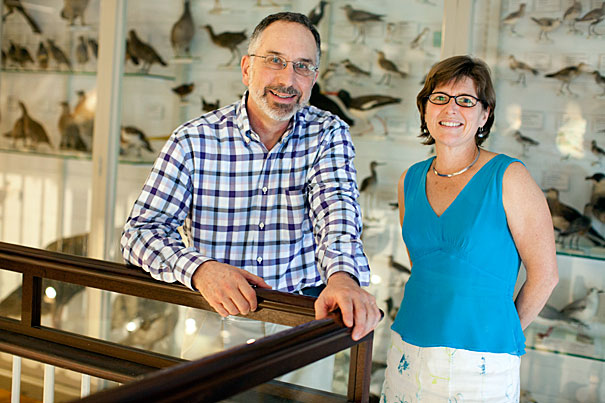Health
-

6 keys to a long, healthy life (ice cream included)
Also, why reading Ben Franklin beats climbing Mount Everest
-

Six cancers rising faster in younger adults than older ones
Large new global study fuels growing concern over trend of increases in several types

-

What’s next for GLP-1s?
Scientists eye new treatment targets for popular weight-loss drugs, from heart failure to addiction
-

Pricey blockbuster GLP-1s are costing users — and most of the rest of us, too
Health insurers are passing along cost for coverage in form of higher rates across the board, policy researcher says
-

Drinking 2-3 cups of coffee a day tied to lower dementia risk
Caffeinated tea also found to slow cognitive decline in study

-

New AI tool predicts brain age, dementia risk, cancer survival
Unlike other AI models, BrainIAC needs limited data to ID key neurological health indicators

-
Bringing the psych lab online
A team of researchers from Harvard and Wellesley College shows that data gathered from online volunteers can be just as good as data collected in the lab.
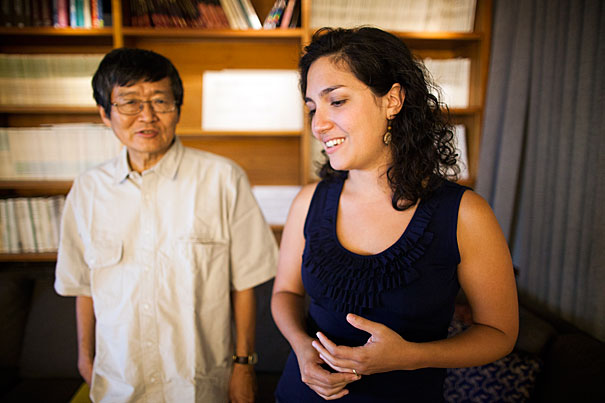
-
Tapping the body to fight disease
Researcher Biju Parekkadan is developing devices that employ cell therapy to help people with organ failure.
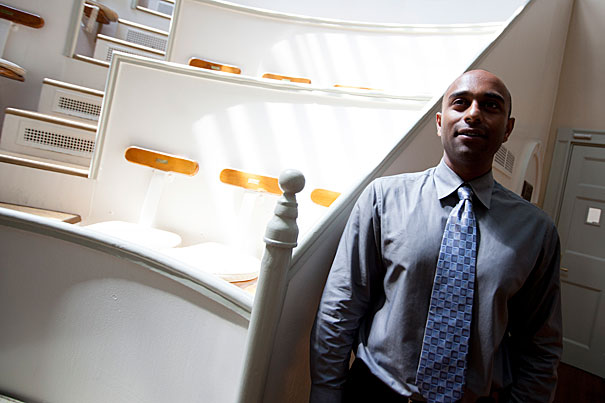
-
Vitamin D’s impact on infection
A study led by Harvard researchers of Mongolian schoolchildren supports the possibility that daily vitamin D supplementation can reduce the risk of respiratory infections in winter.

-
Synthetic future
In the synthetic biology lab of Professor Pamela Silver, researchers are looking for ways to make biological engineering faster, cheaper, and more predictable.
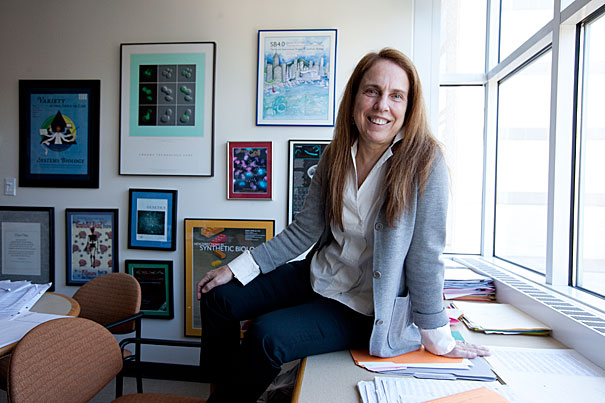
-
A story that doesn’t hold up
A study conducted by Professor of Psychology Richard J. McNally and colleagues from the University of Groningen and the University of Amsterdam is casting doubt on the “amnesia barrier” that has long been a hallmark of multiple personality disorder, now called dissociative identity disorder, by demonstrating that patients have knowledge of their other identities.

-
CYCLOPS genes an Achilles’ heel in tumors?
Researchers at Harvard-affiliated Dana-Farber Cancer Institute and the Broad Institute of Harvard and MIT used new technology to explore a 19-year-old theory, discovering what may be an Achilles’ heel for cancer cells: essential genes disrupted in the process of becoming cancerous that can be attacked further with drug therapy.
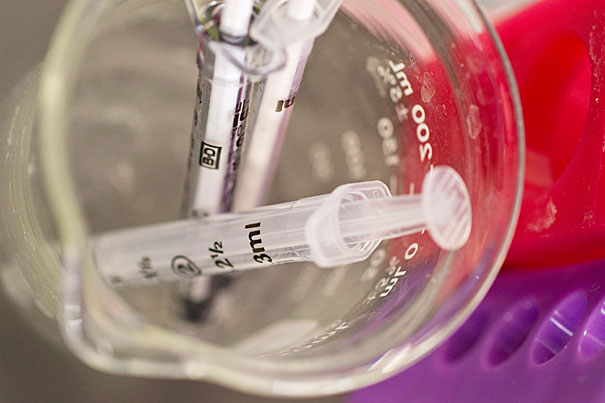
-
The tangled web around spiders
A biologist with an affinity for spiders shared his passion, taking the audience on a tour of arachnids large and small and making a pitch for their conservation as natural pest control.
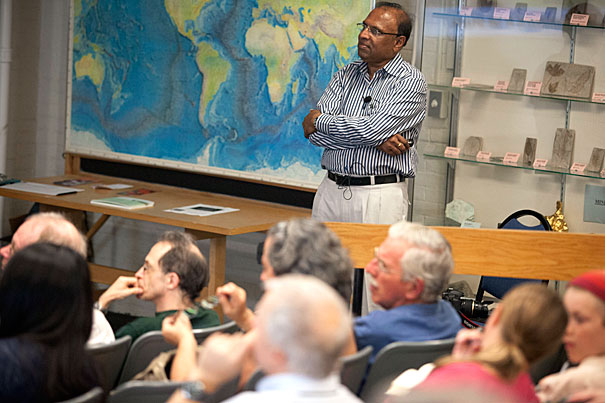
-
Simplifying multidrug therapies
As described in a paper published in the Proceedings of the National Academy of Sciences, a research team found that by studying how drugs interact in pairs, researchers can predict how larger combinations of drugs will interact.
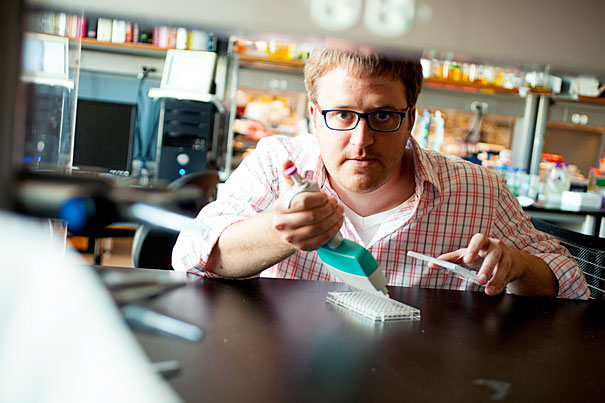
-
Estrogen and female anxiety
Some women’s vulnerability to anxiety and mood disorders may be explained by their estrogen levels, according to new research by Harvard and Emory University neuroscientists.
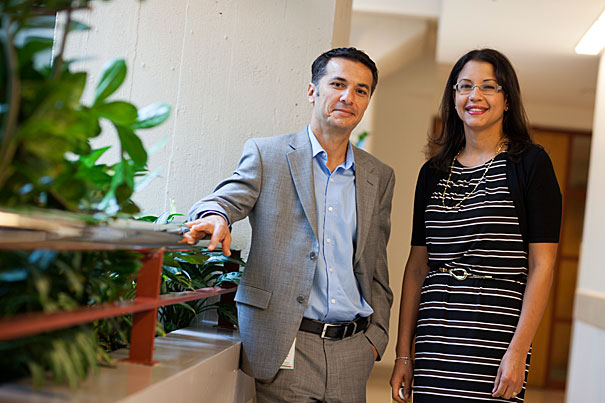
-
Mercury pollution, still spreading
With mercury contamination from coal burning and other industrial processes spreading in the environment, a new book edited by a Harvard Medical School staff member offers an overview, touching on chemistry, biology, and public health.
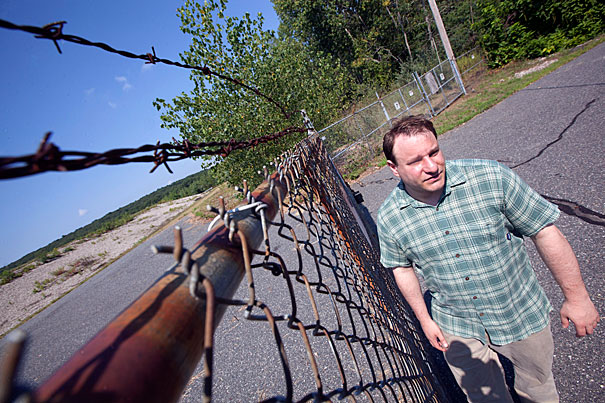
-
Stars in the making
A paper authored by Harvard’s Eli Visbal with colleagues from the California Institute of Technology and Tel Aviv University suggests that it may be far easier than commonly thought to peer deep into the universe’s history and observe the telltale signs of the formation of the first stars and galaxies.

-
Health care savings, naturally
Though questions persist about whether natural remedies are as effective as their pharmacological cousins, one Harvard researcher is trying to understand the economic benefits people receive by relying on such traditional cures.
-
Giving slime the slip
A team of Harvard scientists has developed a slick way to prevent the troublesome biofilms from ever forming on a surface.

-
Alcohol abuse after weight loss surgery?
Experts on the use of bariatric surgery for the treatment of obesity gathered at the Radcliffe Institute for Advanced Study earlier this month for a two-day seminar examining new evidence that stomach surgery for the treatment of obesity has unexpected side effects, including an increased incidence of alcohol abuse among patients.
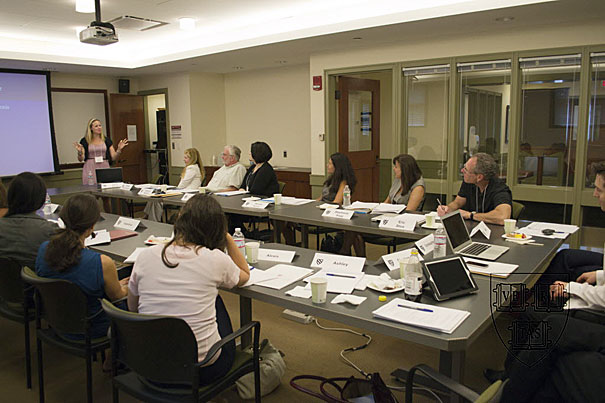
-
A fresh look at mental illness
In a paper published in Neuron, Joshua Buckholtz and co-author Andreas Meyer-Lindenberg identify a biological reason for why many mental disorders share similar symptoms, a situation that makes diagnosis challenging.
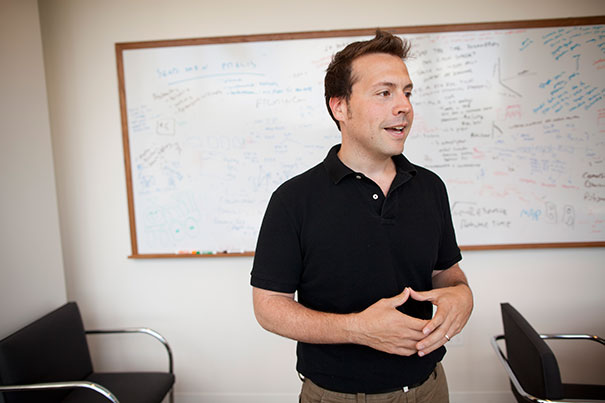
-
Expanding Medicaid to low-income adults
A new study from Harvard School of Public Health (HSPH) finds that expanding Medicaid to low-income adults leads to widespread gains in coverage, increased access to care, and — most importantly — improved health and reduced mortality.

-
Fixing the way we fix the brain
With neurodegenerative diseases affecting millions and having the potential to bankrupt the U.S. health care system, Harvard Medical School, seven pharmaceutical companies, and the Massachusetts state government have formed the Massachusetts Neuroscience Consortium. The goal: to offer new collaborative research models.
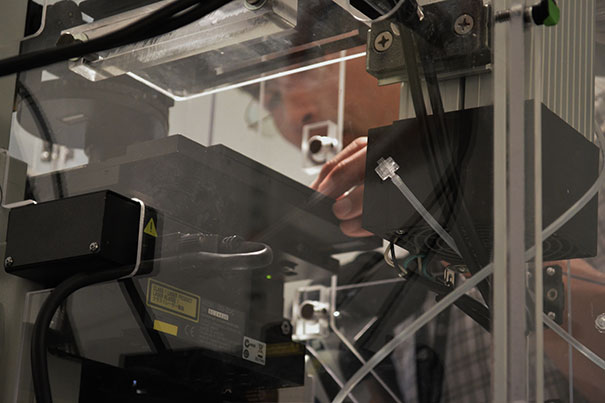
-
What wakes me
Clifford Saper, chair of neurology at Harvard Medical School, and colleagues at Beth Israel Deaconess Medical Center recently discovered a brainstem area that senses oxygen dips and drives waking.
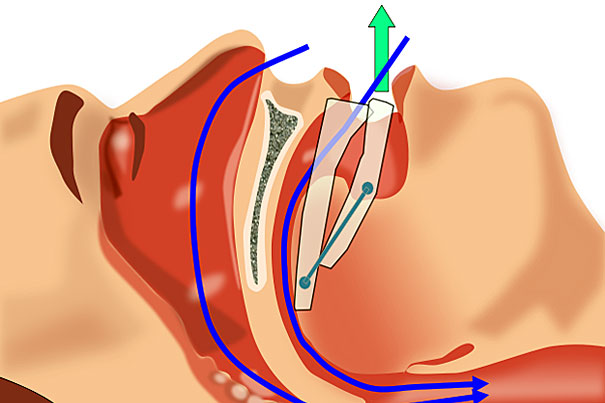
-
New branch of science
Scientists from the Arnold Arboretum and the University of Colorado are working to define for the first time the complete microbiome of a tree.
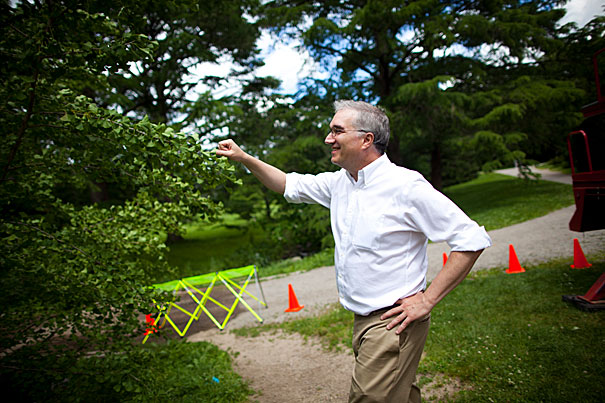
-
Giving phobias a rest
A Harvard-led research team has found that exposure therapy for irrational fear of spiders seems to be more effective if it is followed by sleep, according to a recent study in the Journal of Psychiatric Research.

-
Artificial jellyfish swims in a heartbeat
A team of researchers at Harvard University and the California Institute of Technology has turned inanimate silicon and living cardiac muscle cells into a freely swimming “jellyfish.”
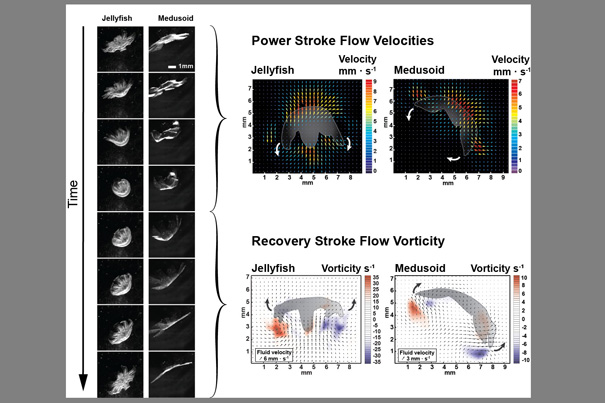
-
Mushroom relations
Harvard researchers are using one of the most comprehensive fungal “family trees” ever created to unlock evolutionary secrets.
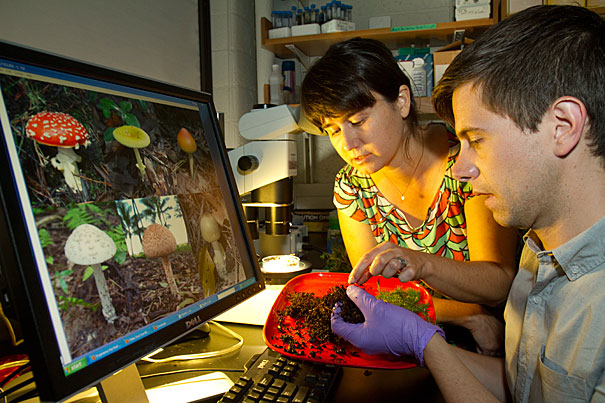
-
Women pay high price for high job strain
New research from Brigham and Women’s Hospital (BWH) finds that women with high job strain are more likely to experience a cardiovascular-related event compared with women with low job strain. These findings are published in the open access journal PLoS ONE.
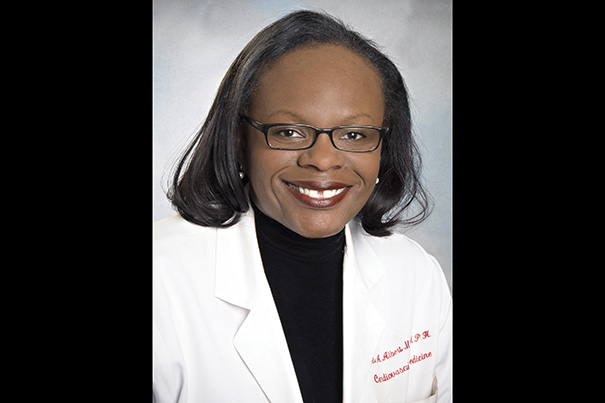
-
Cancer care comes to Rwanda
Paul Farmer, chair of Harvard Medical School’s Department of Global Health and Social Medicine and co-founder of Partners In Health, announced the opening of Butaro Cancer Center of Excellence, which will serve as the first national cancer referral facility in rural Rwanda.

-
Doctor knots
Harvard researchers have developed a method to determine the effect of social networks among doctors on cost and quality of care across the nation.
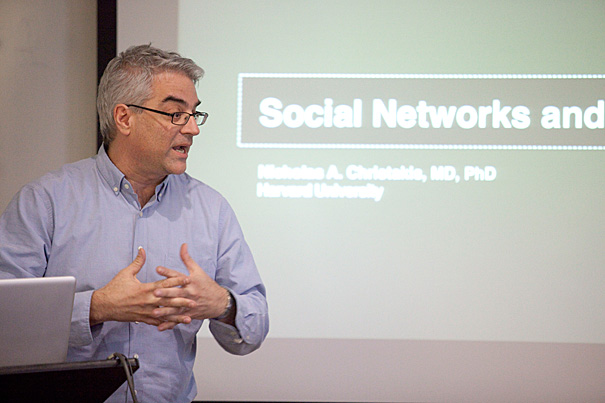
-
Personalized medicine closer to reality
A consortium of scientists at 20 institutions, led by a principal faculty member at the Harvard Stem Cell Institute, has used stem cells to take a major step toward developing personalized medicine to treat Parkinson’s disease.
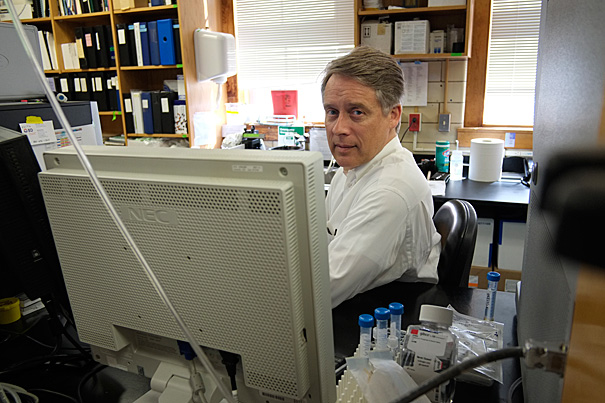
-
In obesity battle, beige is the new brown
Scientists at Harvard-affiliated Dana-Farber Cancer Institute have isolated a new type of energy-burning fat cell in adult humans, which they say may have therapeutic potential for treating obesity.
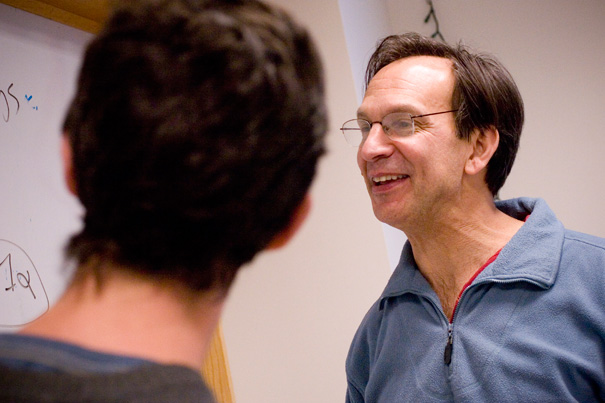
-
Moving beyond health care’s fee-for-service
Harvard researchers find that global budgets for health care, an alternative to the traditional fee-for-service model of reimbursement, can slow the growth of medical spending and improve the quality of care for patients.
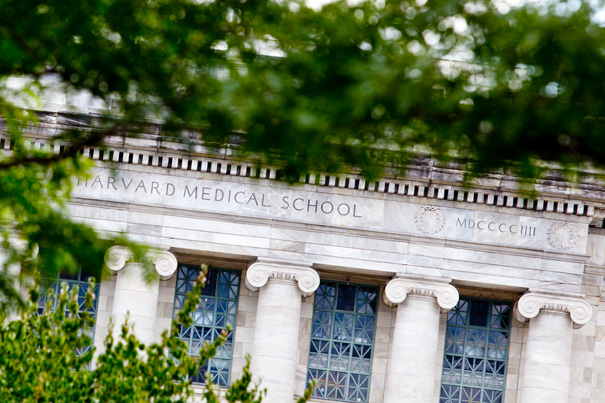
-
Transforming cancer treatment
Professor Martin Nowak is one of several co-authors of a paper, published in Nature on June 28,that outlines a new approach to cancer treatment that could make many cancers manageable, if not curable, by overcoming resistance to certain drug treatments.
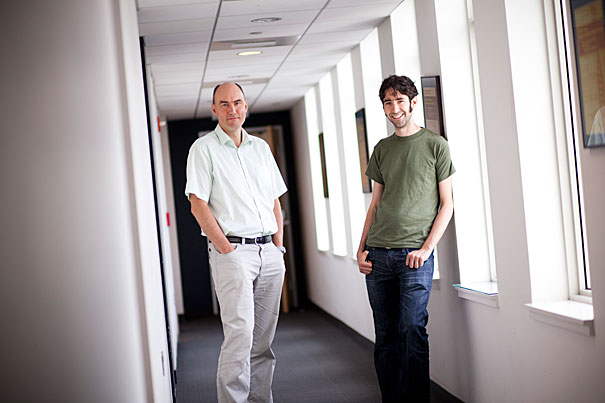
-
One million species, and counting
Just weeks after adding its millionth Web page, the online biology clearinghouse called the Encyclopedia of Life (EOL) has received a grant from the Sloan Foundation that will allow it to continue its mission of documenting every living plant and animal species on the globe.
